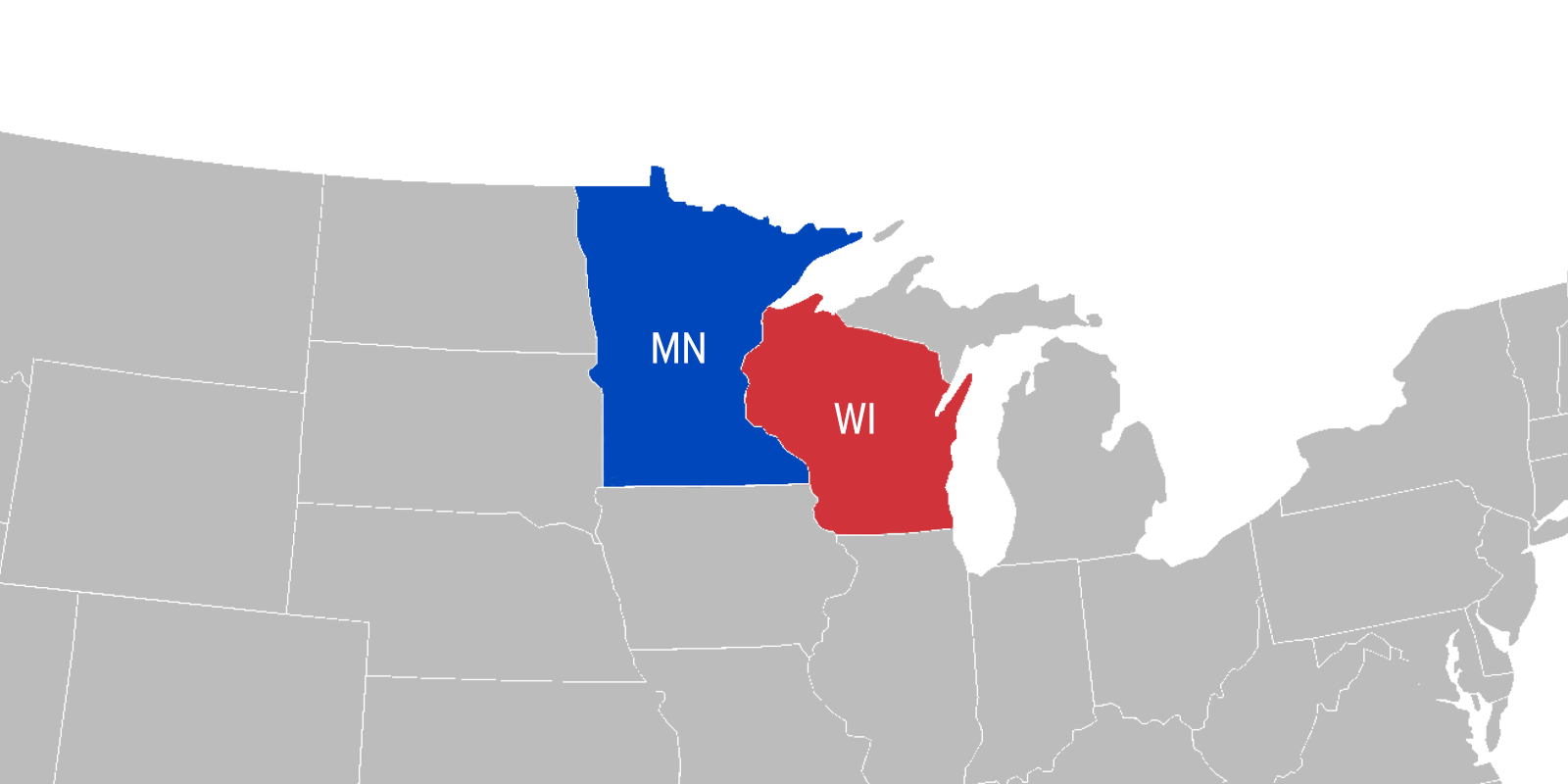Progressive policies are good for working people and for the economy at large.
A recent report by the Economic Policy Institute (EPI) proves this point. The report shows how Minnesota’s progressive policy agenda sparked that state’s robust growth, compared to its neighbor to the east, Wisconsin, where the anti-union, anti-worker agenda of Gov. Scott Walker has led to anemic economic results.
EPI tracked the economic health of both states since their respective governors took office in 2010. While both have “reached a point of economic health” since the recession, Minnesota has outpaced Wisconsin by “virtually every available measure.” Why?
According to EPI, the gap between the two is the result of their different approaches to investing in their state and their communities.
Since 2010, Walker “pursued a highly conservative agenda centered on cutting taxes, shrinking government, and weakening unions,” according to the report. Meanwhile, Minnesota Gov. Mark Dayton “embraced the role of government in regulating markets, improving the welfare of workers and their families, and boosting private-sector growth through public-sector investment.”
Those divergent philosophies have left Wisconsin’s workers and families behind, while Minnesotans, by comparison, have prospered in areas like job creation, unemployment, wages, and household and family income.
The report offers evidence for what we already know: real investment in public services, asking the wealthy to pay their fare share, and a pro-worker philosophy means a healthier, more robust economy.
Cutting taxes and slashing public services don’t work. They cause much pain and carry hefty political consequences for the politicians who push them. Just ask former Kansas Gov. Sam Brownback.
